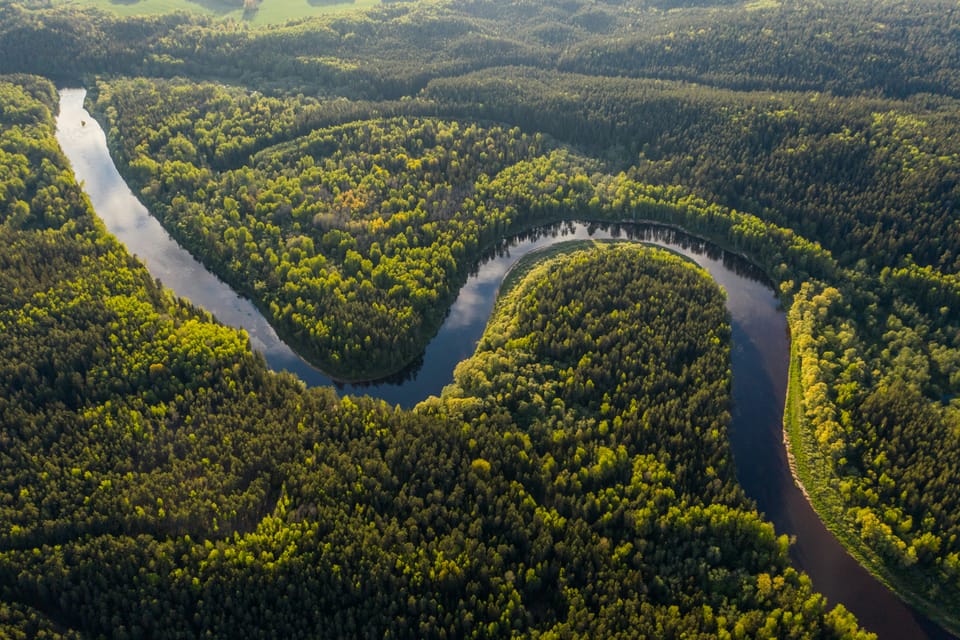Coalition launched to scale up jurisdictional forest carbon credits
"The LEAF Coalition has catalysed a private sector market and now we’re starting to see other buyers take real interest."

A group of governments, Indigenous Peoples, investors and carbon market participants have launched a coalition to scale up jurisdictional forest carbon credits.
Announced today at COP30, the coalition aims to accelerate action and finance for forests by generating carbon credits at jurisdictional levels – an approach seen as higher integrity than individual forest projects developed by private companies or NGOs.







